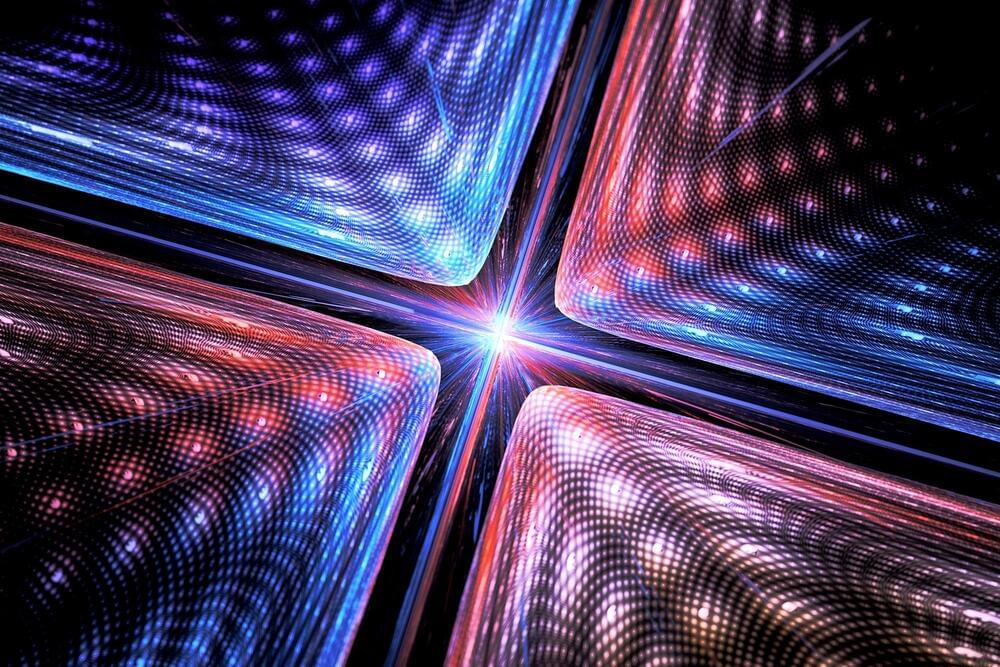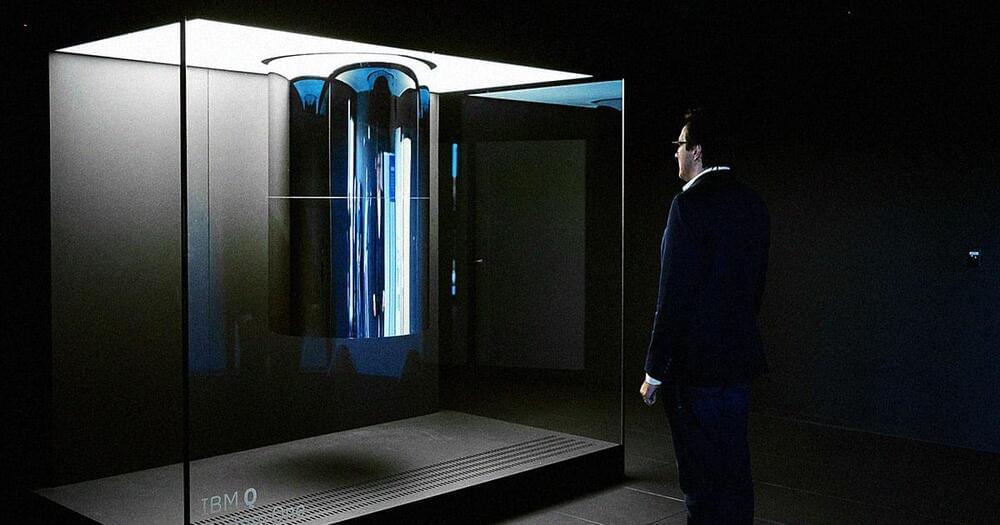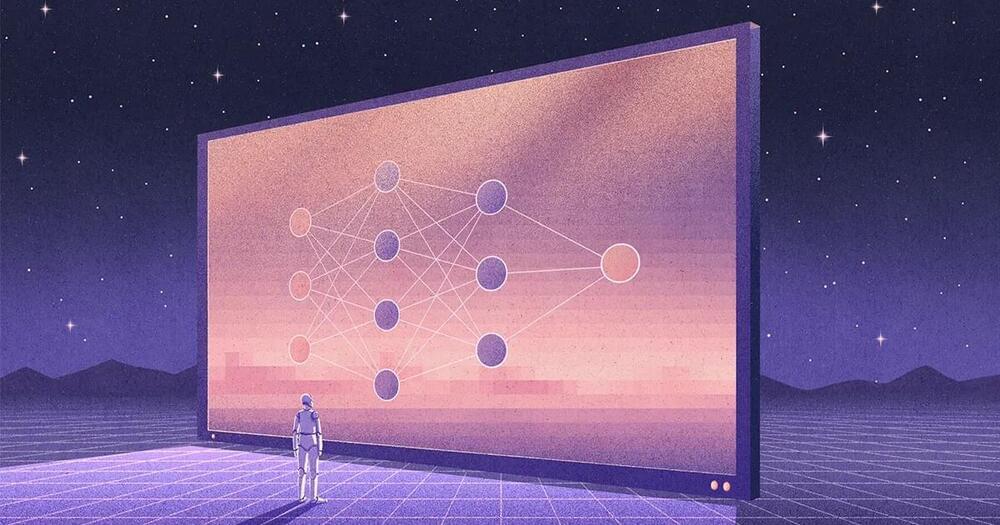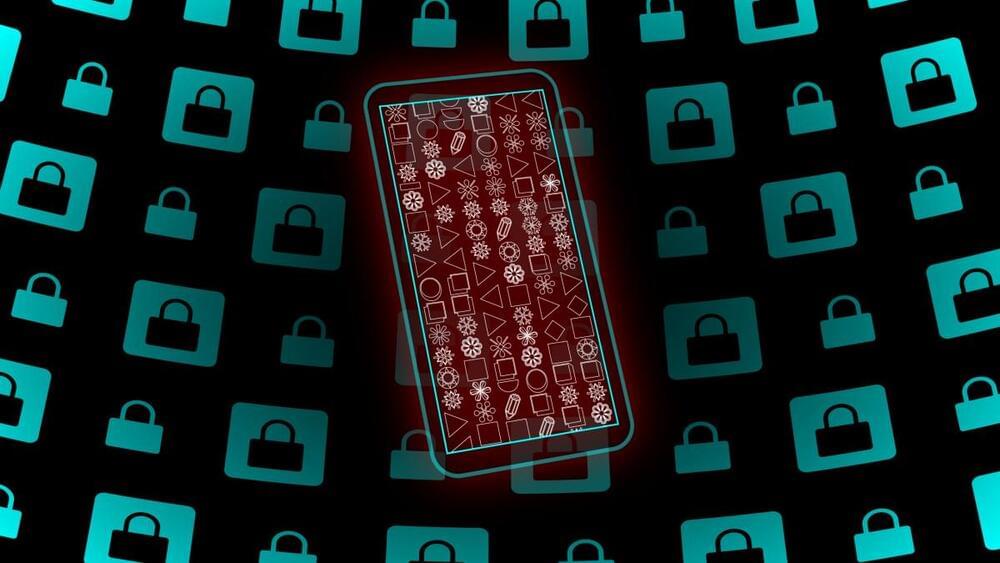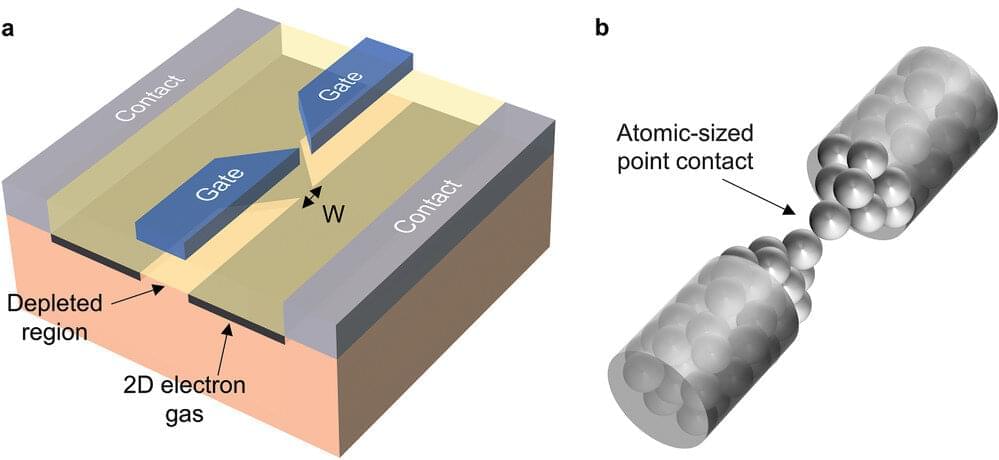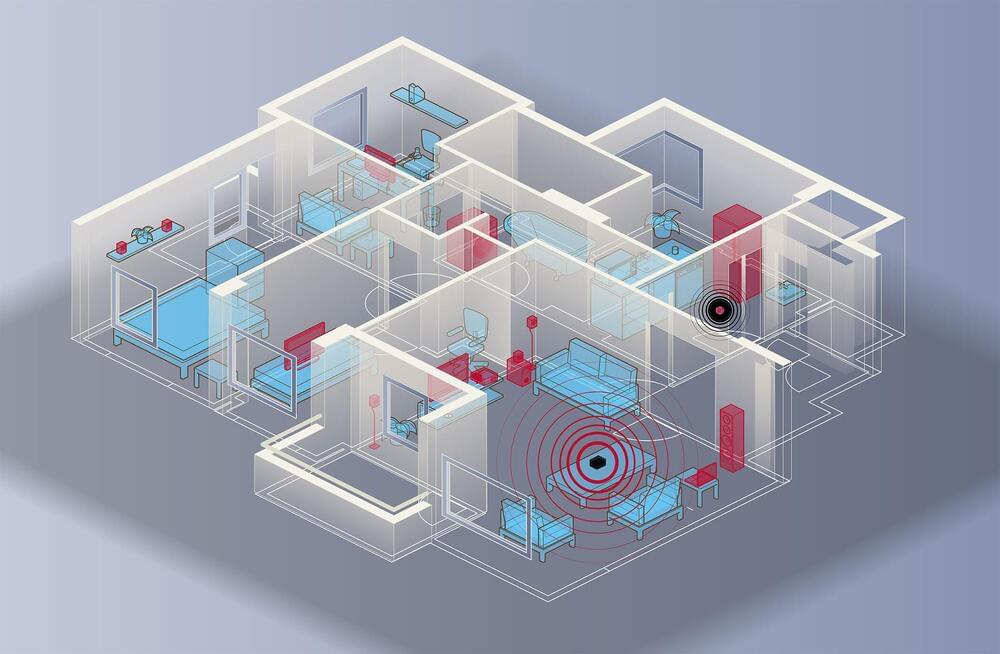Jan 5, 2023
Quantum Breakthrough: Light Source Produces Two Entangled Light Beams
Posted by Paul Battista in categories: computing, encryption, neuroscience, quantum physics
One potential application: Enhancing the sensitivity of atomic magnetometers used to measure the alpha waves emitted by the human brain.
Scientists are increasingly seeking to discover more about quantum entanglement, which occurs when two or more systems are created or interact in such a manner that the quantum states of some cannot be described independently of the quantum states of the others. The systems are correlated, even when they are separated by a large distance. Interest in studying this kind of phenomenon is due to the significant potential for applications in encryption, communications, and quantum computing.
Performing computation using quantum-mechanical phenomena such as superposition and entanglement.
